Written by Himself
One of the beauties of my pandemic-long poetry practice has been finding a poem by a different poet each week to use as a model—sometimes more of a jumping-off point—for my own work. This week it’s a poem by Gregory Pardlo who won the Pulitzer Prize in 2015 for his book, Digest. After reading this NYTimes piece, and having a look at him at Poetry Foundation—“The Pulitzer judges cited Pardlo’s ‘clear-voiced poems that bring readers the news from 21st Century America, rich with thought, ideas and histories public and private’”—I’d like to read more.
In the NYTimes, Stephen Burt calls his style, “deliberately elegant in a modernist kind of way,” and Pardlo admits trying to lampoon academic language. It’s another vein that intrigues me:
But he also writes intensely personal poems—with scenes that describe shopping for groceries with his daughter or unpack his anxieties about fatherhood—and delivers funny and poignant dispatches from the front lines of gentrifying Brooklyn.
“He’s interrogating the everyday,” the Pulitzer Prize-winning poet Tracy K. Smith said. “Another poet might be afraid to draw on so much of the true stuff that a life is made of.” (New York Times, April 22, 2015)
So here’s our poem:
Written by Himself
I was born in minutes in a roadside kitchen a skillet
whispering my name. I was born to rainwater and lye;
I was born across the river where I
was borrowed with clothespins, a harrow tooth,
broadsides sewn in my shoes. I returned, though
it please you, through no fault of my own,
pockets filled with coffee grounds and eggshells.
I was born still and superstitious; I bore an unexpected burden.
I gave birth, I gave blessing, I gave rise to suspicion.
I was born abandoned outdoors in the heat-shaped air,
air drifting like spirits and old windows.
I was born a fraction and a cipher and a ledger entry;
I was an index of first lines when I was born.
I was born waist-deep stubborn in the water crying
ain’t I a woman and a brother I was born
to this hall of mirrors, this horror story I was
born with a prologue of references, pursued
by mosquitoes and thieves, I was born passing
off the problem of the twentieth century: I was born.
I read minds before I could read fishes and loaves;
I walked a piece of the way along before I was born.
—Gregory Pardlo, from Digest p. 3
Find a recording of Pardlo reading “Written by Himself” here.
I want to know if this is the poet speaking, the “supposed person of the poem,” or is it a digest of voices, rising together?
I admit that I’m struggling with what I’ll write in response to this assignment. I mean, how do you follow, “I was born in minutes in a roadside skillet,” or “I was born a fraction and a cipher and a ledger entry”? How about “I read minds before I could read fishes and loaves”?
But I’m about to open my notebook and see what will happen.

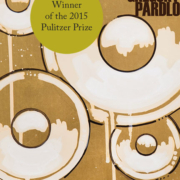

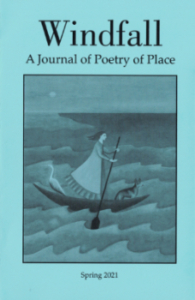 It was with genuine sadness that I learned the next issue will be Windfall’s last. “We have never broken even on any issue in twenty years,” the editors admit in their foreword. “Now the costs have risen above our capacity to absorb them.” All I can say is, this is a crying shame.
It was with genuine sadness that I learned the next issue will be Windfall’s last. “We have never broken even on any issue in twenty years,” the editors admit in their foreword. “Now the costs have risen above our capacity to absorb them.” All I can say is, this is a crying shame.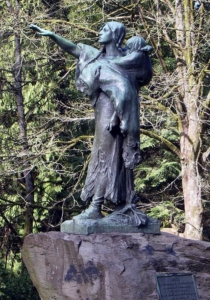
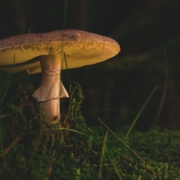
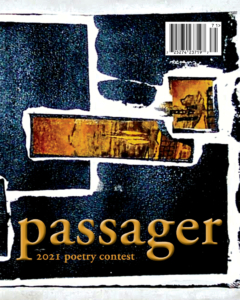 next hour, reading poem after poem. It’s a wonderful issue, and I’m happy to recommend it—and not only because it includes a poem of mine.
next hour, reading poem after poem. It’s a wonderful issue, and I’m happy to recommend it—and not only because it includes a poem of mine.